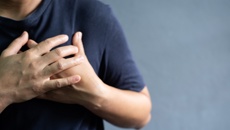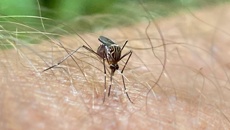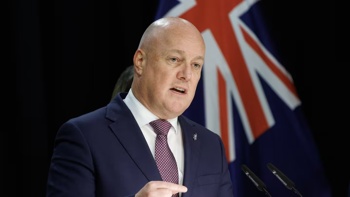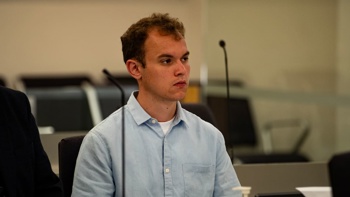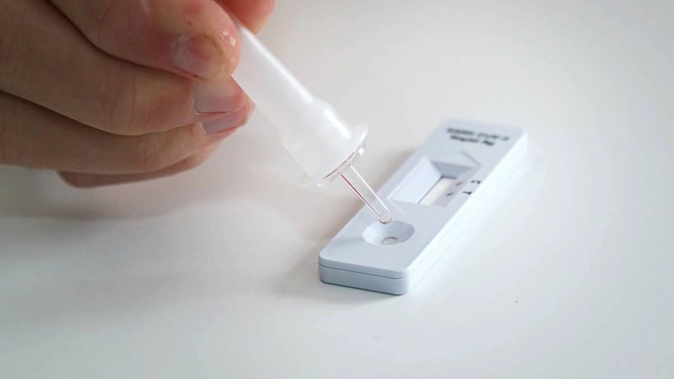
An Auckland teenager has tested positive for Covid twice in six weeks - raising questions about official health advice that people probably have good immunity for three months after infection.
The 14-year-old boy first tested positive through PCR in February, as Omicron was beginning to ramp up.
At the time he had just a mild sniffle and a cough, but his sister had Covid and his test soon came back positive as well, his dad told the Herald.
The family isolated for 10 days and the boy returned to school. Then at the start of April "he came home from school really, really quite crook, with a really mean sore throat, fever... the classic symptoms".
A Rapid Antigen Test returned an immediate positive result. This time the illness was substantially worse, his dad said.
"He had a couple days in bed, he couldn't taste anything for about a day. Definitely more severe symptoms this time around."
The boy's GP suggested it all might have been part of the same infection - that the virus had stayed in his system and was causing belated symptoms. Or he could have caught different variants.
The dad admits he didn't think it was possible to get reinfected so quickly.
"I don't know why we tested him [the second time] because that's what we were led to believe. And the school's policy was once you've had it once then you don't need to worry for the next three months, even if you're a household contact."
He's not sure where his double-vaccinated son caught the virus - neither parent has had it and nobody has come to their house while positive.
The teen has fully recovered and there have been no lasting effects that they're aware of so they're not concerned about long Covid at this stage.
Current Ministry guidelines give a three-month exemption for household contacts after catching Covid, because "the risk of reinfection within the first three months after someone has Omicron is very low".
The dad was curious whether the Government was reconsidering its advice that people are unlikely to catch Covid again within three months of infection.
"Clearly you can get it twice. I'm sure he's not the only one."
The 14-year-old's infections were both logged on his My Covid Record.
But according to a Ministry of Health spokeswoman, the ministry is not collating reinfection data.
Reinfections had occurred during Omicron outbreaks overseas but they were usually due to catching Omicron after getting a previous variant like Delta or Alpha, she said.
"Omicron reinfections are uncommon, although it has been shown to occur."
Most reinfection cases were easy to spot because there was a long period between recovery from the first infection and the second.
"However, some people have symptoms for weeks or even months and it is difficult to know if they are due to the old infection or a new infection."
Reinfection within three months was also uncommon, especially in New Zealand where there was a low rate of infection pre-Omicron, she said.
However, "reinfection in New Zealand is likely to become more common as time goes on, which reinforces the importance of vaccination, including boosters, as our best defence against Covid-19".
The Ministry of Health advises people do not need to repeat a RAT again for 28 days after they test positive.
"The result may continue to be positive, but this doesn't necessarily mean that you're still infectious."
But if someone had new symptoms a month or more after testing positive they should do another RAT, the advice says.
The Ministry of Health yesterday confirmed there were 10,294 new Covid-19 cases in the community and a further 18 Covid-related deaths.
There were 524 people in hospital, including 14 in intensive care.
These deaths reported yesterday bought the death toll to 633 and the seven-day rolling average of reported deaths is 12.
Two people were in their 50s, two in their 60s, three in their 70s, seven in their 80s, and four were over 90.
Take your Radio, Podcasts and Music with you




